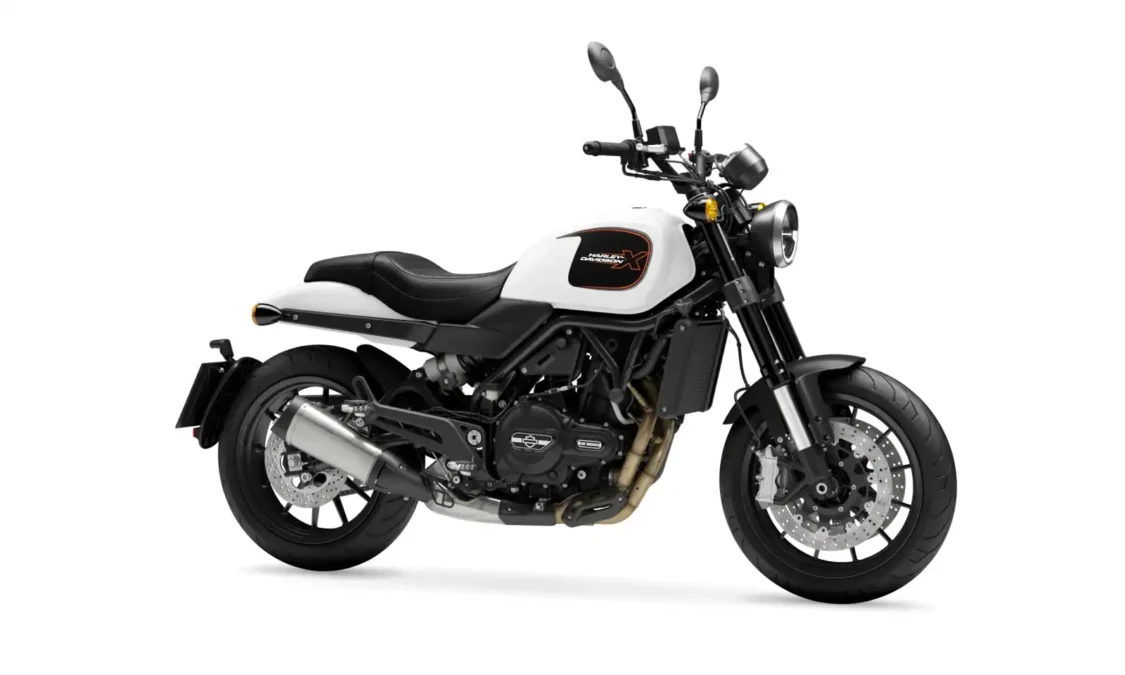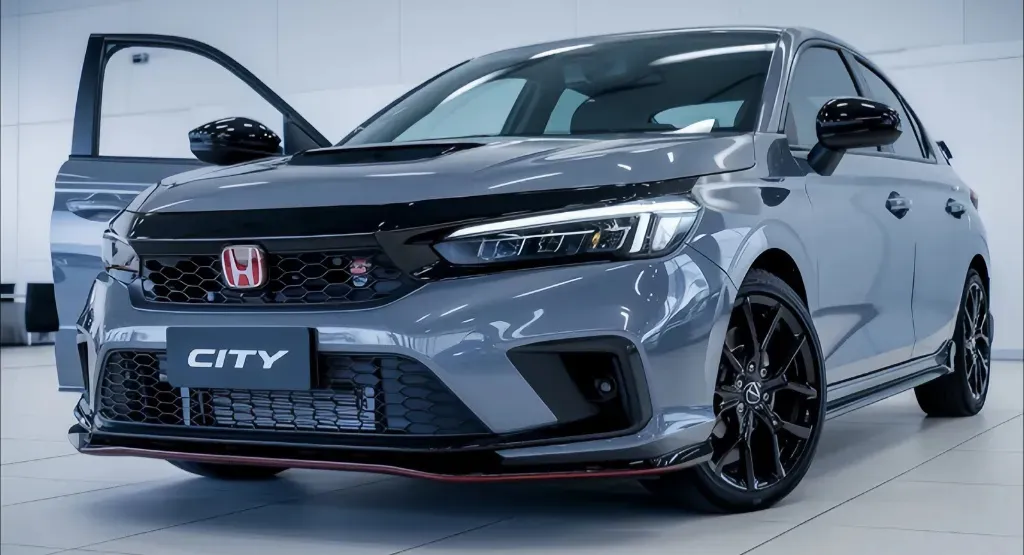The mid-weight cruiser segment has seen a resurgence in recent years, fueled by a demand for motorcycles that blend everyday usability with long-distance comfort. Two highly anticipated models set to redefine this space in India are the Harley-Davidson X500 and the Kawasaki Eliminator 400. Both bikes are rooted in legendary cruiser DNA but have been updated with modern engineering, urban appeal, and accessible price points.

This detailed comparison aims to help motorcycle enthusiasts understand how these two machines stack up against each other in design, performance, comfort, pricing, and features. Whether you’re upgrading from a commuter bike or entering the cruiser world for the first time, this guide will help you make an informed decision.
Introduction to the Contenders
Harley-Davidson X500: Urban Heritage Reimagined
Developed in collaboration with Chinese brand QJMotor, the Harley-Davidson X500 borrows its chassis from the Benelli Leoncino 500. However, the styling and tuning have been tailored to align with Harley’s bold design language. The X500 targets younger riders or urban professionals looking for a bike that carries the Harley-Davidson name but is more affordable and practical for daily use.
Kawasaki Eliminator 400: Classic Name, Sporty Soul
The Kawasaki Eliminator series has long enjoyed a cult following. With the new Eliminator 400, Kawasaki revives the classic cruiser for modern times. Powered by the high-revving parallel-twin from the Ninja 400, it offers a unique blend of traditional cruiser aesthetics and sporty performance, making it ideal for riders seeking spirited riding along with laid-back comfort.
Design and Styling
Harley-Davidson X500
The X500 embraces a neo-retro roadster design. It moves away from the traditional stretched cruiser profile and leans more into a modern urban naked aesthetic, while still retaining Harley’s iconic appeal through muscular tank lines and dark metallic finishes. LED lighting, minimalistic bodywork, and a distinctive headlamp give it a street-smart yet timeless character.
Kawasaki Eliminator 400
The Eliminator 400 stays more true to the classic cruiser silhouette. A long wheelbase, low-slung seat, and rounded headlamp evoke old-school cruiser charm. The design focuses on comfort and stability, with a more laid-back handlebar and footpeg positioning. This makes it visually appealing for riders who prefer traditional cruiser styling.
Verdict: If you’re drawn to contemporary styling with a premium badge, the X500 wins. But if classic cruiser looks with modern elements are more your style, the Eliminator 400 delivers handsomely.
Engine and Performance
Harley-Davidson X500
- Engine: 500cc parallel-twin
- Power: ~47 bhp
- Torque: 46 Nm
- Transmission: 6-speed gearbox
The X500’s powerplant offers a smooth balance between low-end torque and manageable top-end power, making it suitable for both urban and highway rides. The tuning is relaxed, reflecting the cruiser philosophy with a consistent torque curve for laid-back acceleration.
Kawasaki Eliminator 400
- Engine: 398cc parallel-twin derived from the Ninja 400
- Power: 45 PS @ 9,000 rpm
- Torque: 42.6 Nm @ 6,000 rpm
- Transmission: 6-speed gearbox
Despite the smaller engine displacement, the Eliminator 400 delivers a more energetic performance, thanks to its Ninja DNA. Riders can expect a rev-happy nature, quicker acceleration, and more engagement in the mid to upper rev range. It’s more of a sporty cruiser than a relaxed highway rider.
| Why the Honda NC750X Is the Ultimate Touring Motorcycle for Every Rider | The Perfect Car for Middle-Class Families on a Budget: Kia Sonet Review |
Verdict: Choose the X500 for steady, confident cruising. Go for the Eliminator 400 if you crave a sportier throttle and agile handling.
Suspension and Handling
Harley-Davidson X500
- Front Suspension: Conventional telescopic fork
- Rear Suspension: Mono-shock setup
The X500’s suspension setup favors comfort, soaking up bumps and potholes with ease. The monoshock rear allows for a more responsive and stable ride over longer distances, making it comfortable for solo and pillion rides alike.
Kawasaki Eliminator 400
- Front Suspension: 41mm telescopic fork
- Rear Suspension: Dual shock absorbers
The twin shock absorber configuration adds to the classic appeal while still offering decent ride quality. Although not as responsive as a monoshock, the dual shocks give the bike a more retro feel and can handle uneven terrain reasonably well.
Verdict: The X500 edges ahead in suspension technology. However, the Eliminator’s twin shocks suit those who value traditional cruiser aesthetics.
Seat Height and Ergonomics
Harley-Davidson X500
- Seat Height: 820 mm
- Ergonomics: Neutral, upright riding position
With a slightly taller seat height, the X500 offers an elevated view of the road, giving riders a commanding stance. It’s suitable for riders of medium to tall height but might feel a bit high for shorter individuals.
Kawasaki Eliminator 400
- Seat Height: 734 mm
- Ergonomics: Low-slung, cruiser-style seating
The Eliminator’s lower seat makes it highly approachable for all rider types, especially shorter riders or beginners. The forward-set footpegs and relaxed handlebar position make long-distance cruising a breeze.
Verdict: The Eliminator 400 is more accessible in terms of rider ergonomics. The X500, however, may appeal to those preferring a higher seating profile.
Features and Technology
Harley-Davidson X500
- Full-LED lighting setup
- Digital instrument cluster
- Disc brakes with ABS
- Refined exhaust note for urban appeal
While it may not boast high-end electronics, the X500 focuses on essential features delivered in a premium, refined package.
Kawasaki Eliminator 400
- LED headlamp and tail light
- Digital LCD instrument panel
- Disc brakes with dual-channel ABS
- Lightweight trellis frame for nimble handling
The Eliminator 400 feels slightly more modern in terms of equipment, especially for riders who value minimal weight and better maneuverability.
Verdict: In terms of features and functional tech, the Eliminator 400 offers a slight edge due to its sportbike-derived components and agility.
Fuel Capacity and Range
Harley-Davidson X500
- Fuel Tank: 13.1 liters
- Estimated Range: ~300 km
Kawasaki Eliminator 400
- Fuel Tank: 13 liters
- Estimated Range: ~320 km
Both bikes offer respectable fuel range for medium-distance touring. The Eliminator may return slightly better mileage due to its lighter engine.
Pricing and Value for Money
Harley-Davidson X500
- Expected Price: ₹5.5 lakh (ex-showroom)
Backed by the Harley brand, the X500 justifies its premium pricing with its badge value, styling, and comfort-focused tuning.
Kawasaki Eliminator 400
- Expected Price: ₹5.62 lakh (ex-showroom)
Kawasaki’s offering is slightly more expensive but provides a sportier engine and well-balanced package for new-age cruiser riders.
Verdict: The Eliminator offers more performance per rupee, but the X500 offers brand prestige and relaxed riding comfort.
Final Comparison Table
| Feature | Harley-Davidson X500 | Kawasaki Eliminator 400 |
|---|---|---|
| Engine | 500cc twin | 398cc twin |
| Power Output | ~47 bhp | 45 PS |
| Torque | 46 Nm | 42.6 Nm |
| Transmission | 6-speed | 6-speed |
| Suspension (Front) | Telescopic Fork | 41mm Fork |
| Suspension (Rear) | Mono-shock | Twin Shock |
| Seat Height | 820 mm | 734 mm |
| Fuel Tank Capacity | 13.1 L | 13 L |
| Expected Price (India) | ₹5.5 lakh | ₹5.62 lakh |
Conclusion: Which One Should You Choose?
If you’re someone who values a heritage name, relaxed city cruising, and a motorcycle that makes a bold style statement, the Harley-Davidson X500 could be your ideal pick. It offers the essence of Harley in a compact, modern, and more affordable package.
On the other hand, if you prefer a more dynamic riding experience, lightweight chassis, and a motorcycle that can effortlessly switch between city rides and spirited weekend escapes, the Kawasaki Eliminator 400 should be at the top of your list.
Ultimately, the choice comes down to your riding personality:
- X500 for premium cruiser comfort and Harley badge value.
- Eliminator 400 for agile performance and modern engineering in a cruiser frame.



